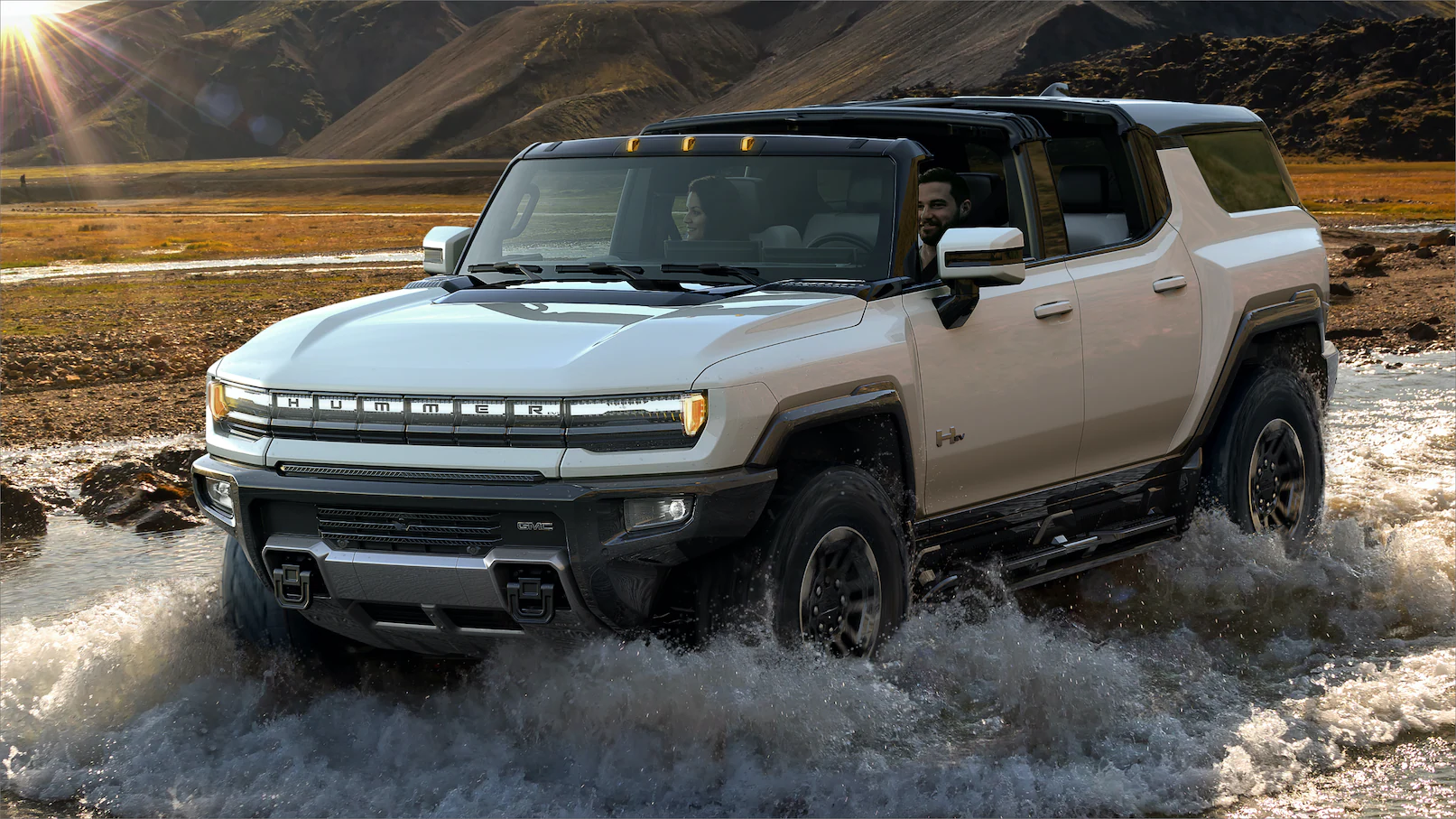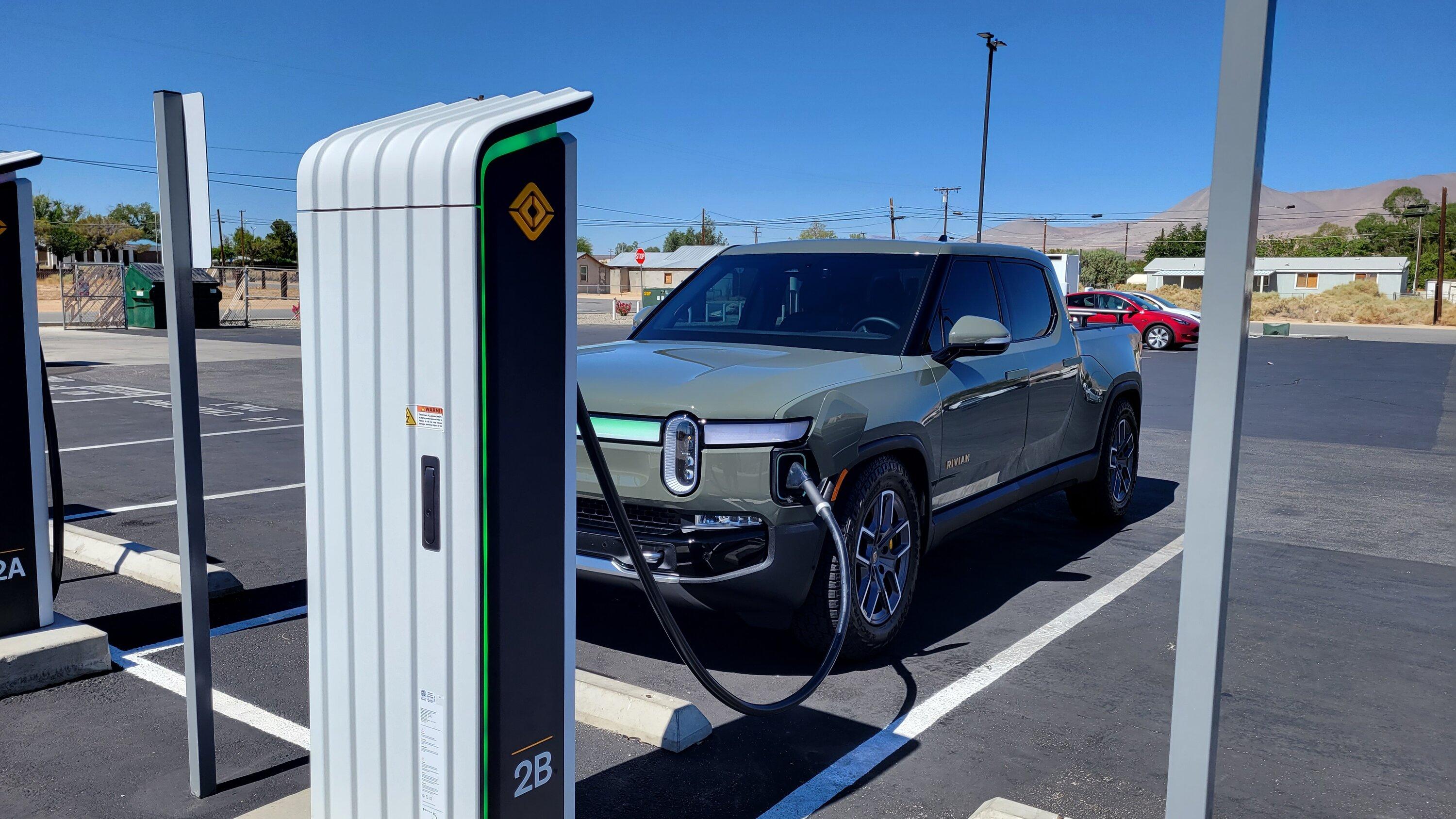In a stunning move that has shaken the electric vehicle world, Chinese automaker Changan has announced a new electric car that can travel up to 930 miles on a single charge. This breakthrough, powered by solid-state battery technology, has left many American EV fans shocked and disappointed, raising fears that the U.S. is falling behind in the race for next-generation clean cars.
The announcement has triggered excitement in Asia and Europe, but frustration among Tesla loyalists, who now question whether American innovation can still lead the global EV revolution.

Breaking the 930-mile barrier
For years, EV buyers have battled range anxiety—the fear of running out of charge on long trips. Changan’s breakthrough looks set to erase that problem.
Unlike today’s lithium-ion batteries (around 150 Wh/kg), Changan’s solid-state battery hits 400 Wh/kg. That means far more energy stored per weight, enabling travel distances once thought impossible.
To illustrate: the car could go from New York to Nashville without recharging. Road trips once broken up by charging stops could soon be completed in one go.
Safety is another advantage. Solid-state packs are less likely to overheat or catch fire, reducing risks of explosions or leaks. Plus, charging is significantly faster—a quick coffee break could provide a substantial recharge instead of hours at a station.
Changan’s ambitious strategy
Changan isn’t a newcomer. Founded in 1862, the company has a long history of reinvention. With EVs now the future of personal transport, Changan is stepping onto the global stage.
-
Prototypes: expected by 2025
-
Mass production: targeted for 2027
This timeline puts Changan years ahead of rivals still aiming for similar breakthroughs closer to 2030.
Tesla, long hailed as the face of the EV revolution, suddenly finds itself under pressure. While Tesla has promised major leaps in battery tech, Changan has delivered concrete numbers, leaving many U.S. EV supporters unsettled.
Changan also emphasizes safety, longevity, and cost savings:
-
Batteries last twice as long as lithium-ion packs
-
Provide 30% more energy per pound, making cars lighter and more efficient
-
Could reduce recharging expenses by 50% within a decade

Global reaction and rising tensions
The global auto industry is watching closely. Automakers in Japan and Europe are already preparing counter-strategies, while Tesla’s loyal fan base expresses frustration online.
Tesla’s longest-range cars today reach around 400 miles per charge—less than half of Changan’s promised 930 miles. If delivered, this could finally make EVs more practical than gasoline cars.
Beyond range, the breakthrough raises geopolitical questions. As Chinese automakers race ahead, concerns grow about whether the U.S. can keep pace in what many call the most important technological race of the 21st century.
For Tesla fans, the idea that a foreign rival could define the future of driving feels like a wake-up call—and perhaps a turning point.
Recommend Reading: MG4 Becomes First EV with Semi-Solid-State Battery Approved for Sale in China








Share:
Hyundai and Kia Surge Ahead in the US with EVs Driving Record Sales
Breaking Down Trump’s Trade Deal Twist: Could Unified Standards Reshape America’s EV Market?